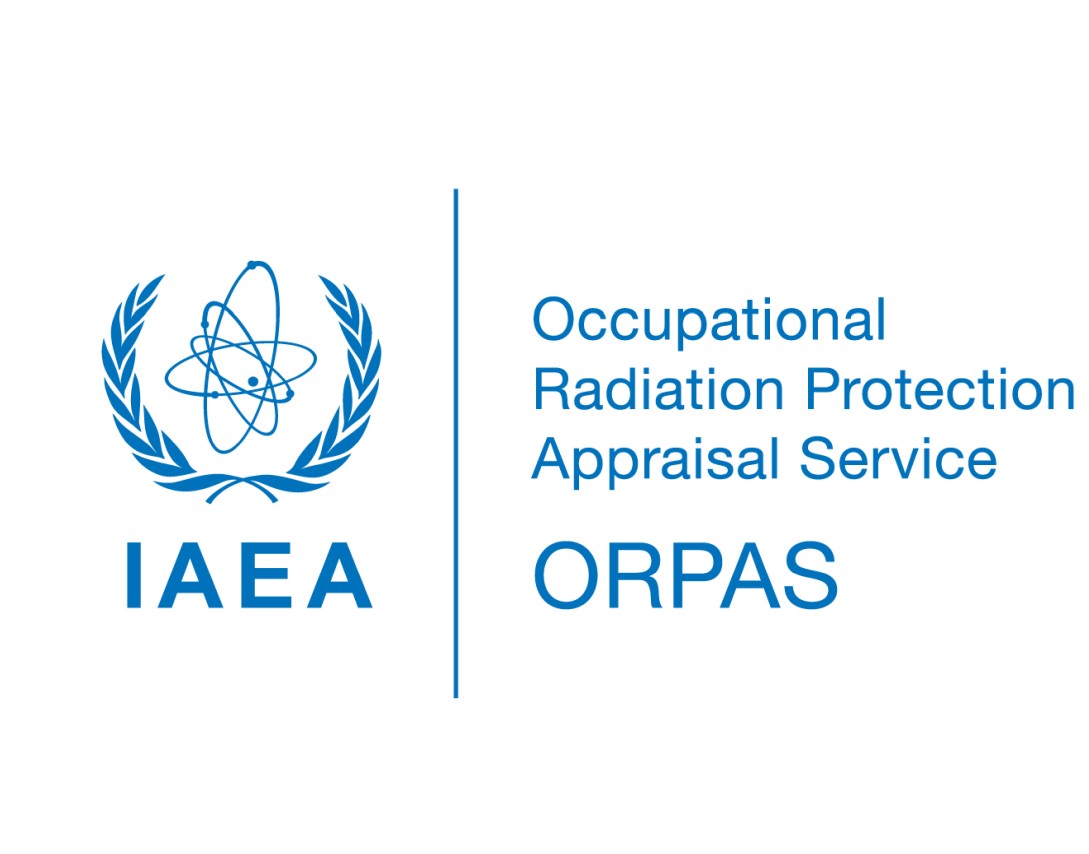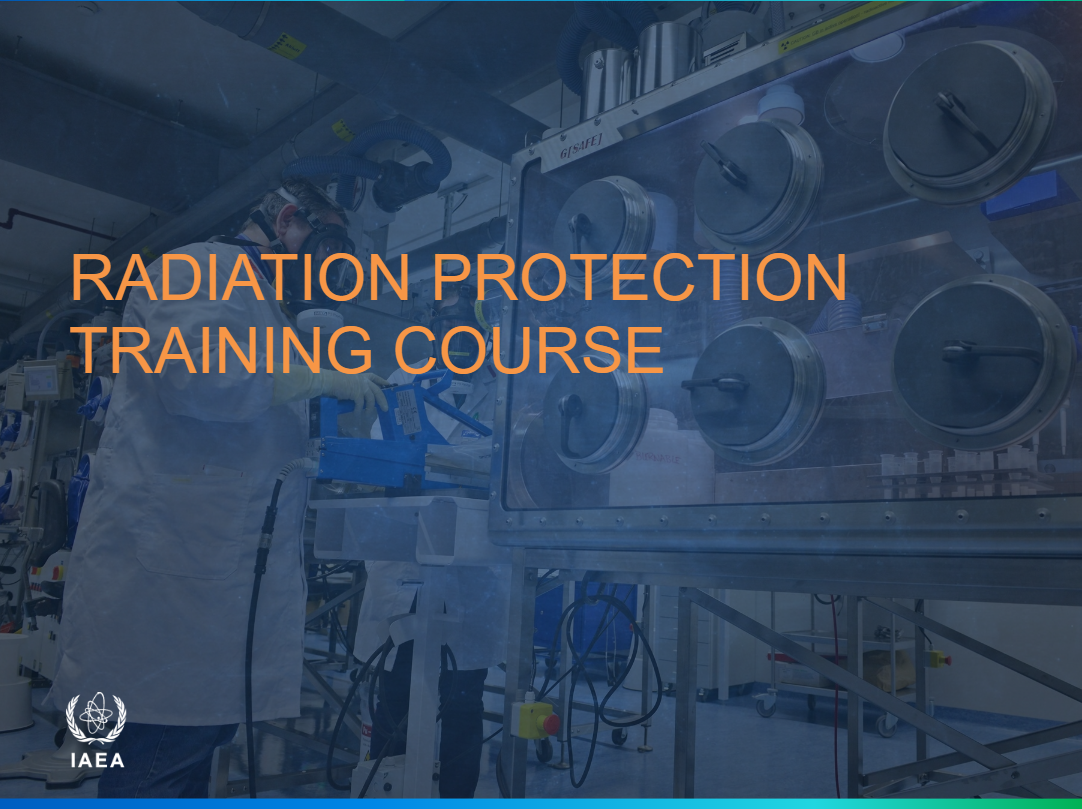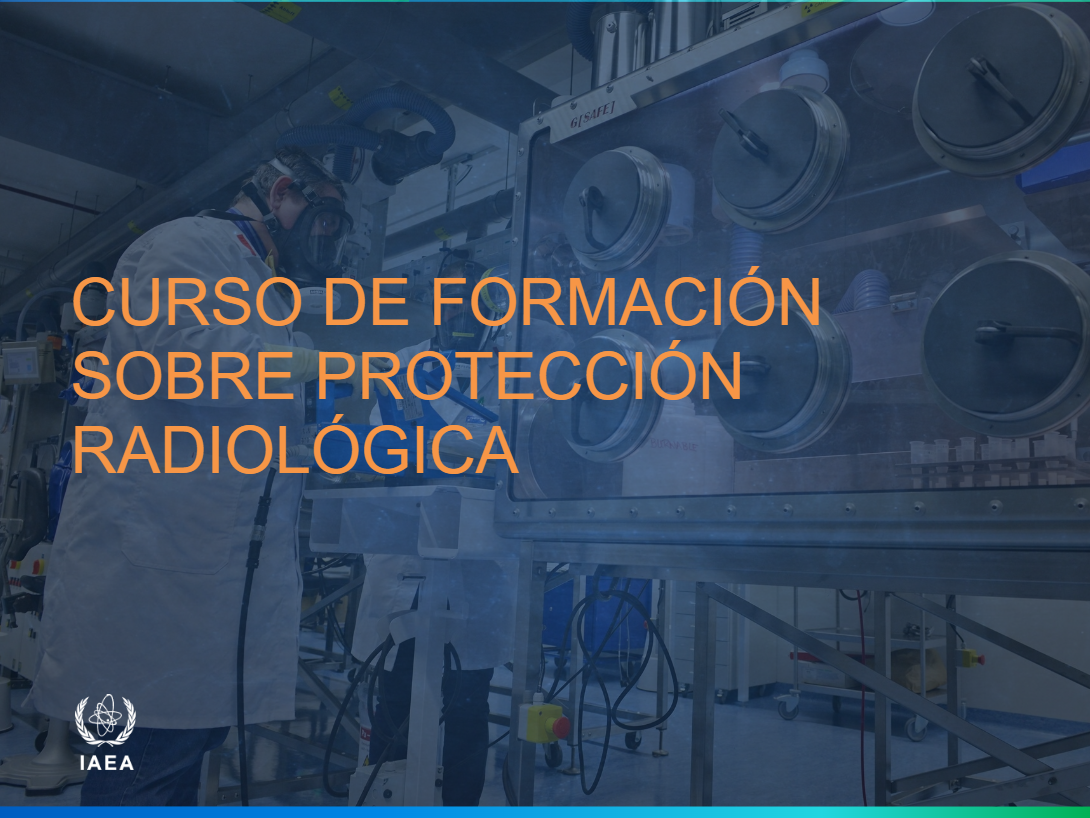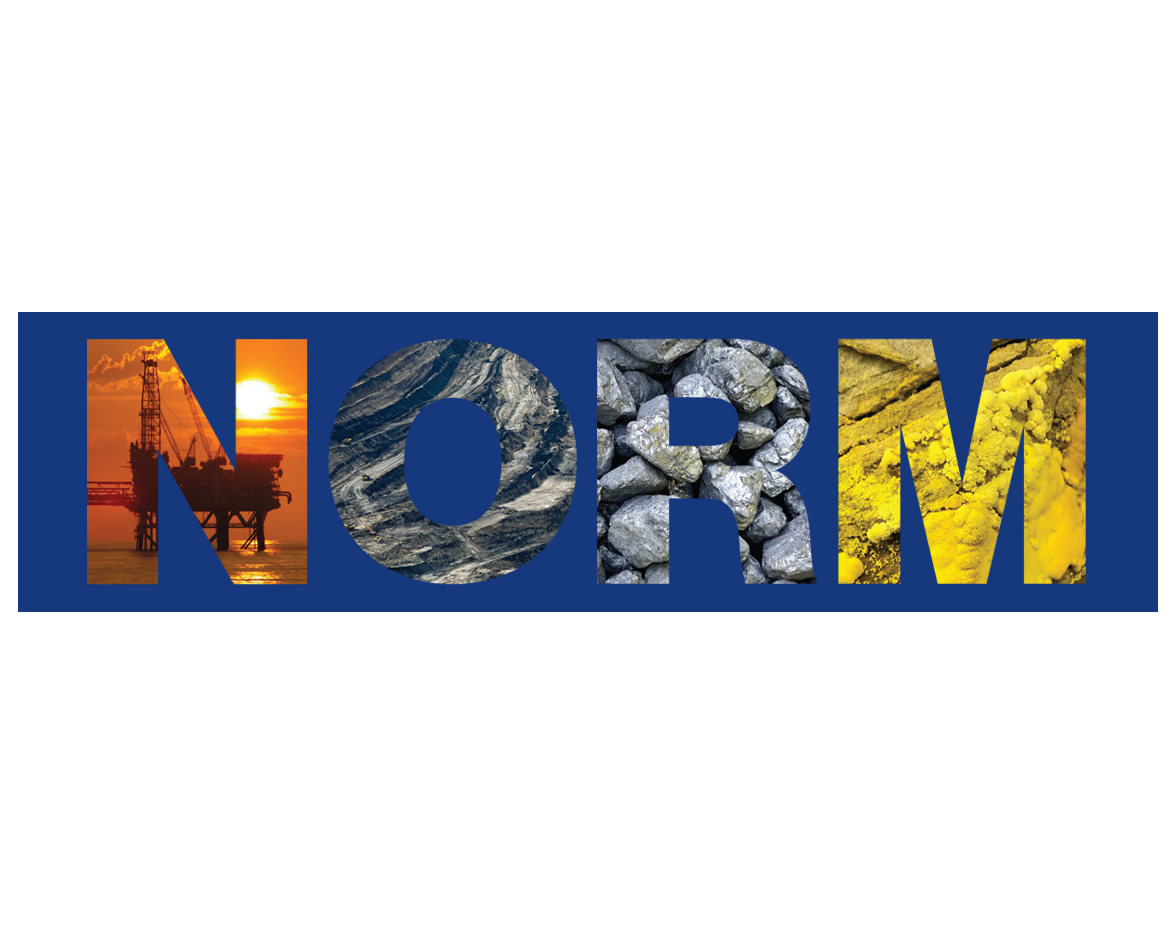
Welcome to the IAEA Occupational Radiation Protection (ORP) e-learning page
The ORP e-learning courses harness interactive technologies and communication systems to assist Member States in building their capacity in the field of radiation protection of workers.
They provide guidance on how to:
- Protect against occupational exposure to radiation in general;
- Assess occupational exposure (internal and external);
- Control exposure due to natural sources at work;
- Protect emergency workers from radiation exposure;
- Monitor the health of persons exposed to ionizing radiation at work.
All recommendations are in line with the IAEA’s programme on occupational radiation protection, which promotes an internationally harmonized approach to the issue and develops safety standards and guidelines to reduce radiation exposure in the workplace.
Our online training system has been customized using the latest digital technologies to ensure we give you the best learning experience possible. It works best on modern devices and up-to-date browsers and all courses offer a certification upon successful completion.
For more information, please visit our Occupational Radiation Protection Networks (ORPNET) website. If you have any questions or feedback, please contact Occupational-Protection-Unit.Contact-Point@iaea.org

Workplace Monitoring
The purpose of the e-learning is to strengthen the radiation protection programme in Member states by assisting in establishing workplace monitoring programme by providing insights on;

Quality Management System for Radiation Protection Monitoring Service
The purpose of the e-learning is to provide guidance to technical monitoring services in radiation safety on developing and implementing a quality management system consistent with the requirements st...

Occupational Radiation Protection Appraisal Service (ORPAS)
Occupational Radiation Protection Appraisal Service (ORPAS) is a peer review service provided by the IAEA, the objective of ORAPS is to enhance national arrangements for radiation protection of worker...

Radiation Protection Training Course for Occupationally Exposed Workers
The Radiation Protection Training Course for Occupationally Exposed Workers was developed by the IAEA as a training tool for exposed workers in the Member States. The course covers from the most basic...

Curso de Formación en Protección Radiológica para Trabajadores Ocupacionalmente Expuestos
El Curso de Formación en Protección Radiológica para Trabajadores Ocupacionalmente Expuestos fue desarrollado por el OIEA como una herramienta de formación para los trabajadores expuestos en los Estad...

Management and Control of Naturally Occurring Radioactive Material (NORM)
Natural resources that are extracted from the ground such as coal, oil, natural gas and other mineral ores contain various amounts of natural radioactivity. When these resources are extracted and proc...

Occupational Radiation Protection based on General Safety Guide No. GSG-7
The purpose of this course is to increase understanding of the occupational exposure control requirements contained in GSR Part 3 and how these safety standards fit within the IAEA Safety Standards hi...
